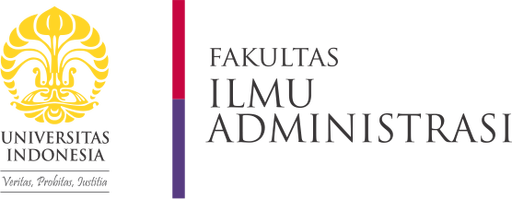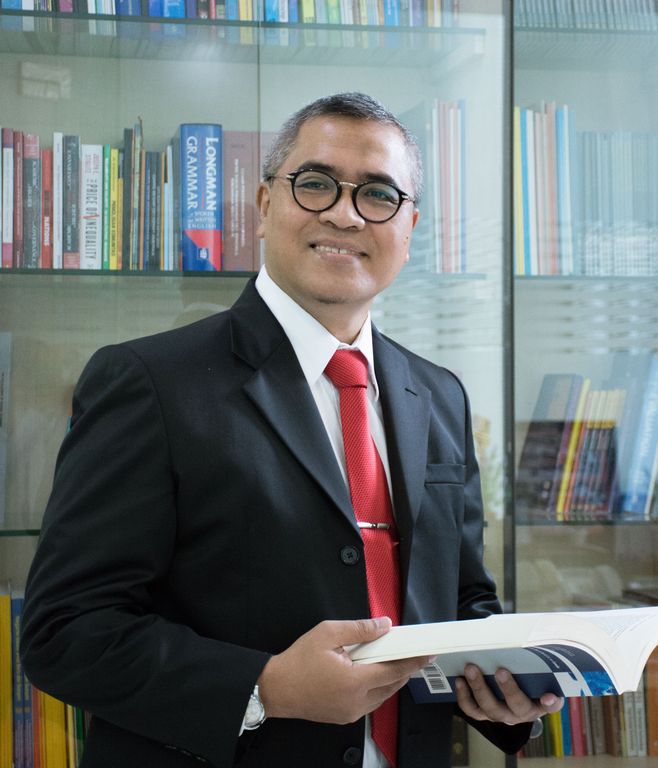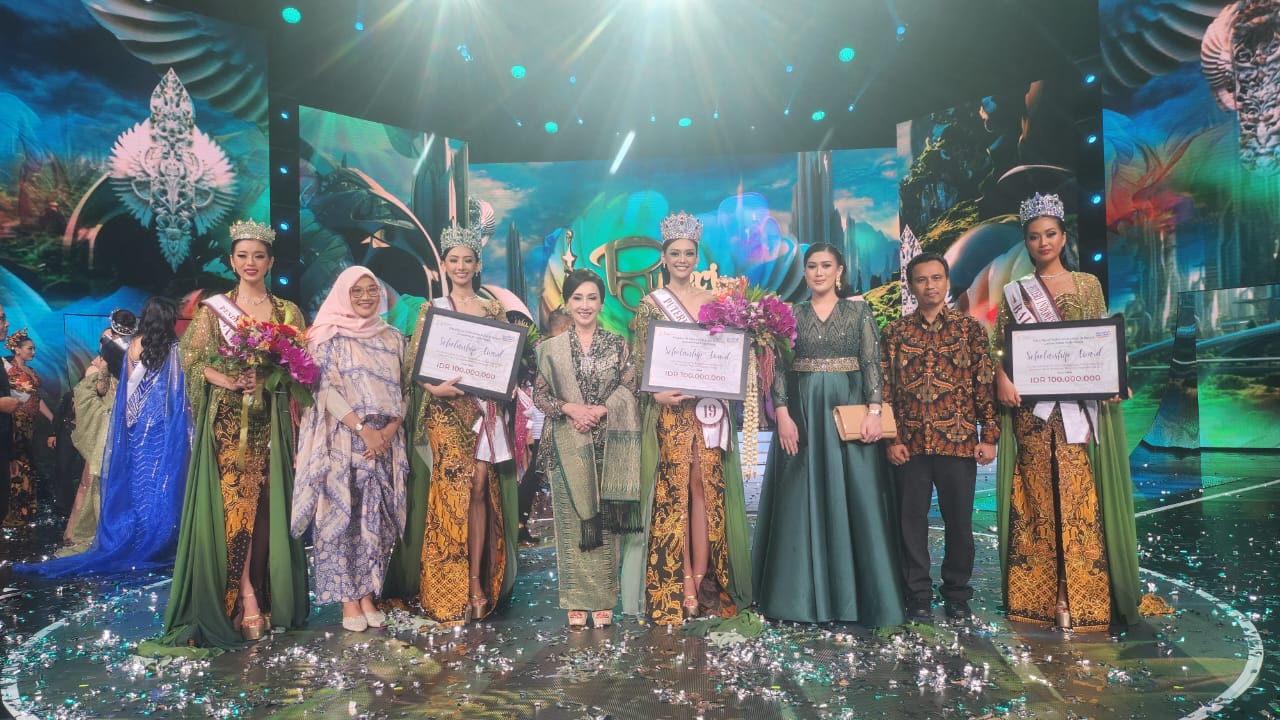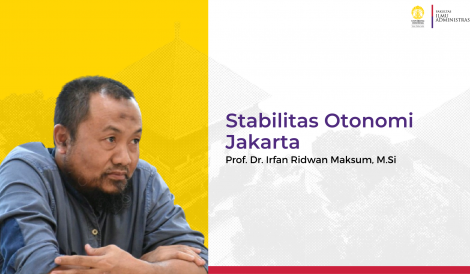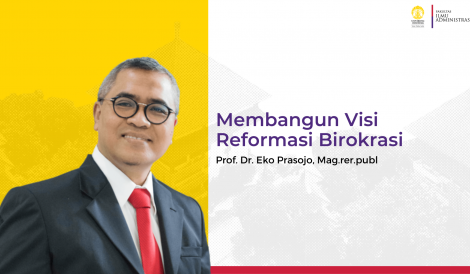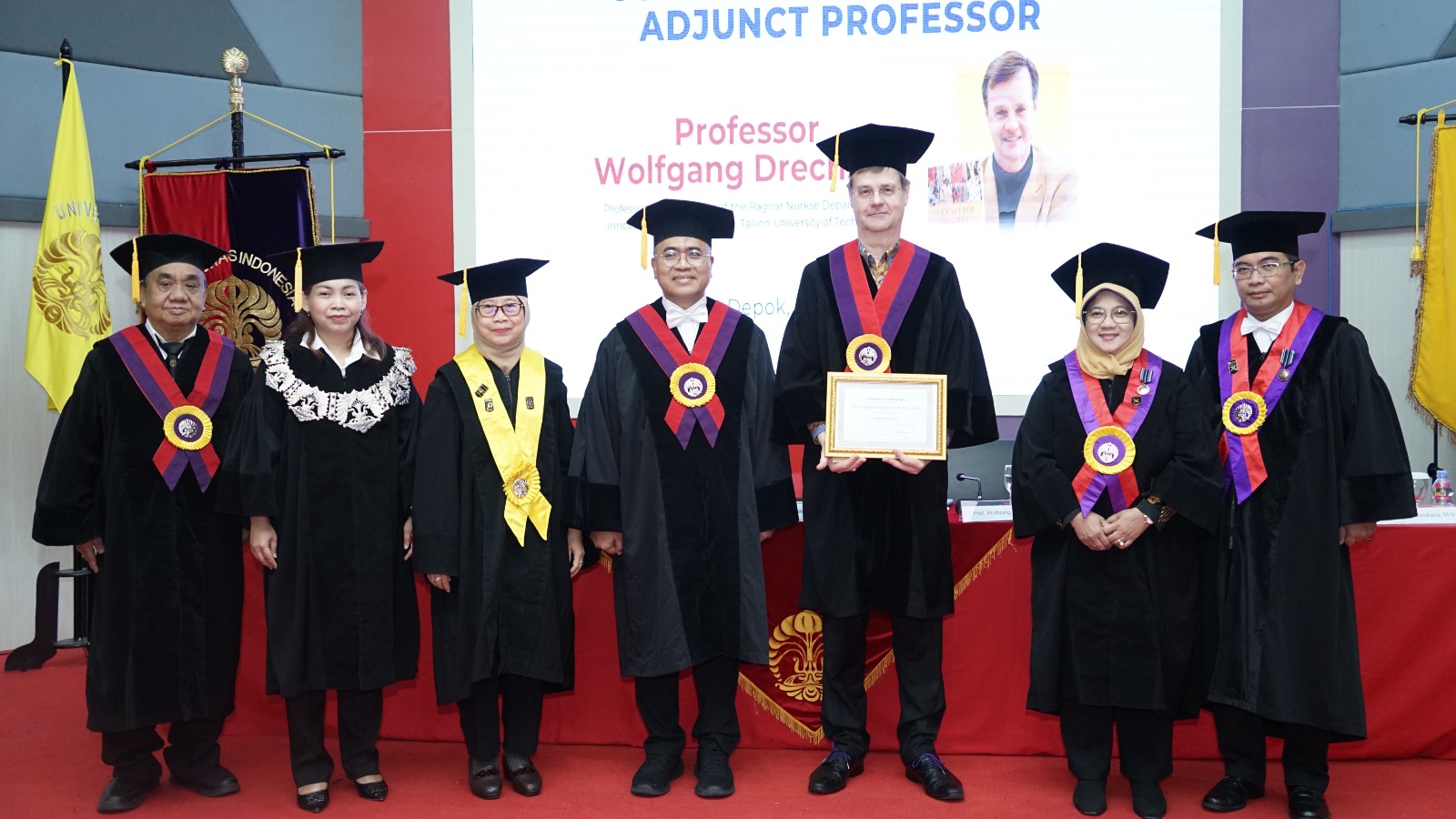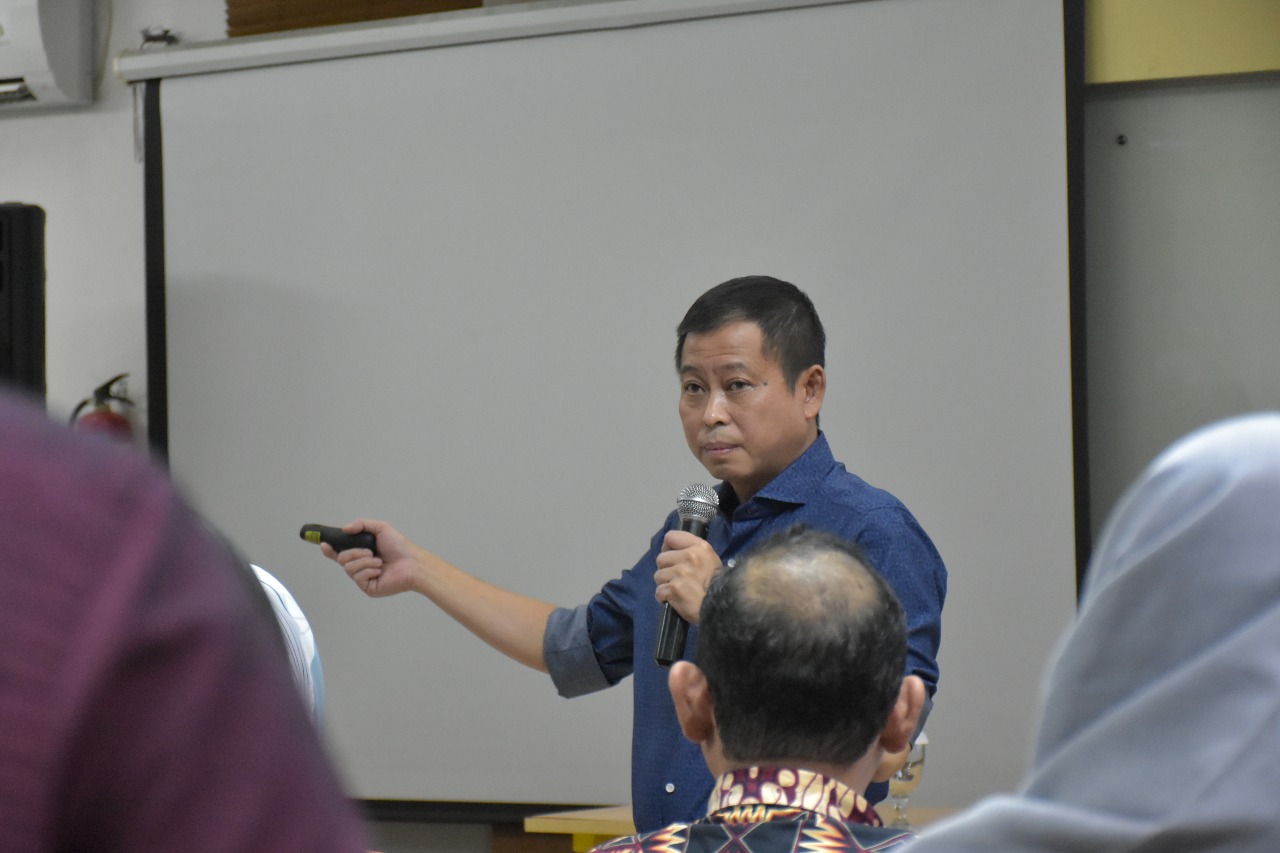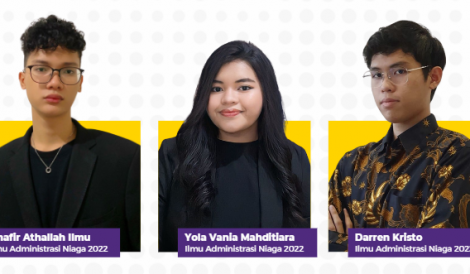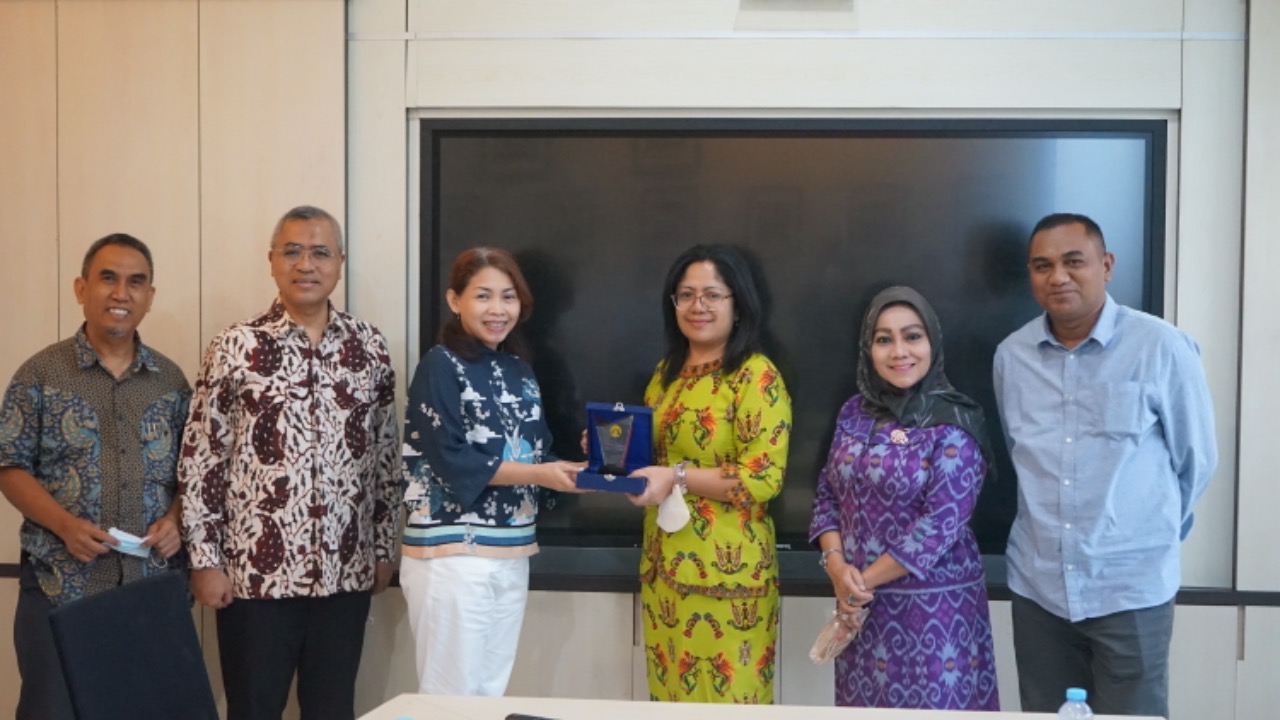The International Conference on Administrative Sciences convened by the Prime Minister and Minister of Interior of Qatar, Sheikh Khalid bin Khalifa bin Aziz al-Thani went well. The conference discussed several urgent topics and discussed the development capabilities of countries and their contribution to overall development. Many academics and experts in public administration and governance from Qatar and abroad also participated in this conference.
On the sidelines of the concluding session, Prof. Dr. Eko Prasojo, mag. rer. publ. as Deputy Minister of Public Administration of Indonesia for the 2011-2014 period and also as Head of the Policy, Governance and Administration Reform (PGAR) Research Cluster at the University of Indonesia said that the implementation of new policies that allow the private sector to enter the public sector has an impact on the competitiveness of public sector careers and the mindset of employees government takes it for granted as a lifelong career.
“We see the spirit of integration, namely bringing the mindset of the private sector to the public sector, such as competitiveness, professionalism, as well as a modern connectivity system,” he said. “We started in 2014 by introducing a new law on the civil service system in Indonesia.”
He added that Indonesia had shifted from a closed career system to an open career system, where high-ranking public officials could move from one ministry to another and from the central government to regional governments and vice versa. “We also open opportunities for private parties to fight for the position of Director General, with a one-year contract that can be extended according to the government’s needs,” said Eko.
Prof. Eko believes that this impacts the competitiveness of the bureaucracy and the quality of public services because human resources from the private sector can bring the spirit of the industry to the public sector.
“Currently, I am involved in following up and ensuring the vice president’s strategy can be implemented effectively in ministries and local governments,” added Prof. Eko.
On the last day of the conference, which was attended by more than 300 participants from 70 countries, the researchers discussed the various challenges and directions of human resource management in the Gulf Cooperation Council countries (Saudi Arabia, Kuwait, Bahrain, Oman and Qatar), developing countries, and good governance, and the role of training and consulting centres in support of national institutions.
The event, which lasted for three days (14-16 February 2023), was organized by the School of Economics, Administration and Public Policy (SEAPP) at the Doha Institute for Graduate Studies in collaboration with the International Institute of Administrative Sciences (IIAP) Belgium.
